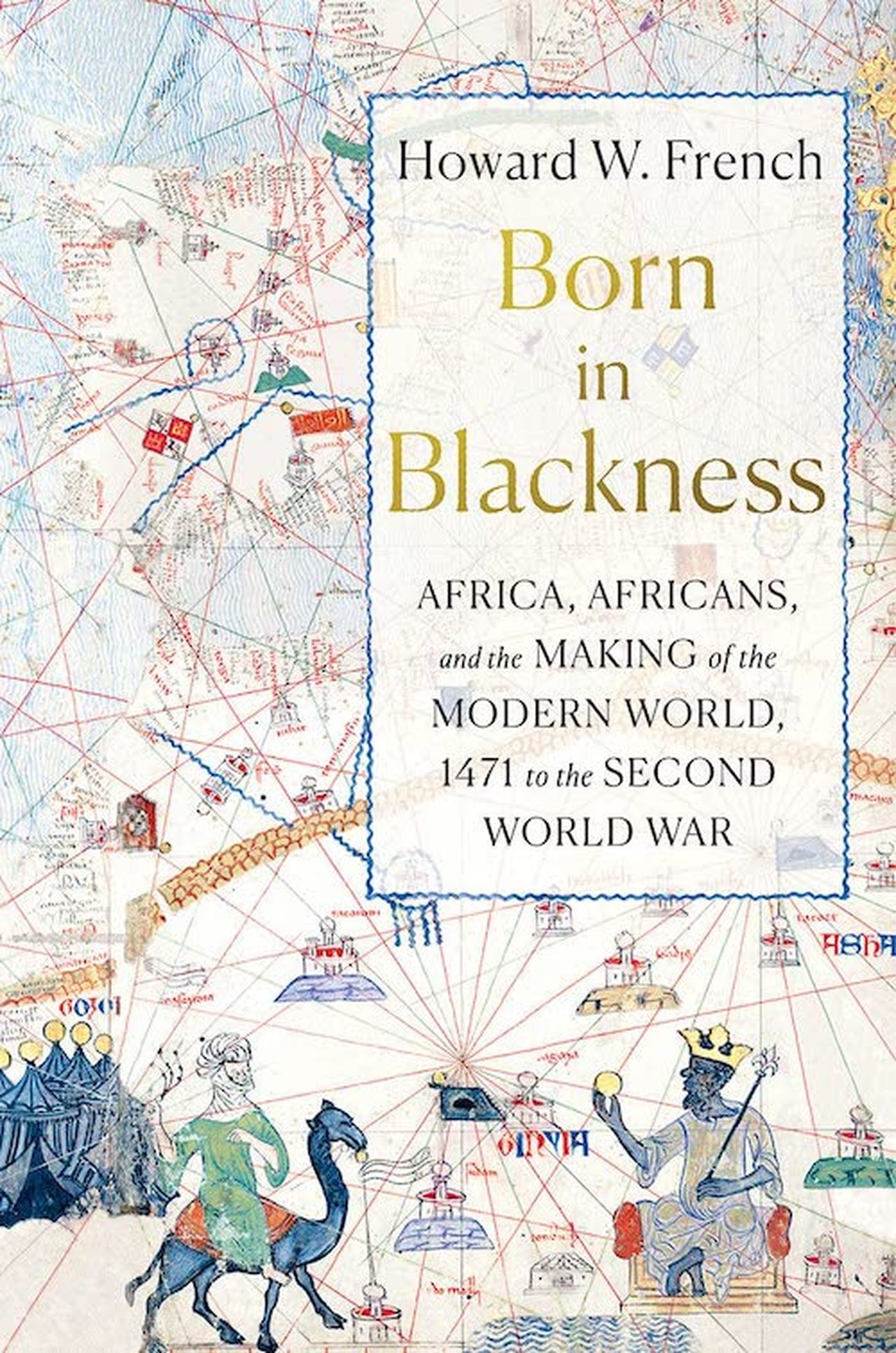
'Born in Blackness': a book about how African slavery and gold were key to the success of imperial markets
The latest book by Howard French, former Africa correspondent for The New York Times, concludes that the people and cultures of Africa have been ignored.
Howard French, a professor of journalism and former reporter for The New York Times in West and Central Africa, has documents proving that he is a descendant of slaves purchased by the governor of Virginia in 1812. So when he once visited the cotton plantations of the American South and saw how little account was taken of the role of slaves in creating America's prosperity, he felt the urge to write a book.
The result is Born in Blackness: Africa, Africans, and the Making of the Modern World, 1471 to the Second World War, a very personal book, in which he mixes a detailed historical account of the role of Africa and Africans in the development of Europe and America — starting with the discovery of Elmina in present-day Ghana by the Portuguese in 1471 — with reflections on how history has trivialized and erased their contributions to this day. The harshest criticism is reserved for the United States.
"Slavery is a "seriously undervalued element in America's ingenious and innovative, if morally depraved, early capitalism," he writes.
RELATED CONTENT

French's account begins 600 years ago, when the Portuguese crown established the first colony at Elmina, in present-day Ghana, with the goal of acquiring as much gold as possible to transport back to Lisbon. The gold from Elmina made it possible to finance the fleets that would propel Portugal to discover other worlds, from Africa to southern India.
The Portuguese monopoly on African gold left the Spaniards no choice but to venture to the western ends of the Atlantic, leading to the discovery of the Americas, an event that was to completely change the history of humanity.
As the author explains, the rise of the cotton, sugar and tobacco industries in what was then the colony of the United States simply would not have occurred without the slave trade from Africa. Without this "capitalist jolt," what we now know as the United States of America would probably not have become the superpower it is today.
"In Born in Blackness, French offers readers a broad historical context of modern cotemporary African society in order to consider why we do not account for the significance of Africa and Africans in contemporary society," writes Randal Maurice Jelks, professor of African and African American Studies and of American Studies at the University of Kansas, in the LA Times Review of Books.












LEAVE A COMMENT: